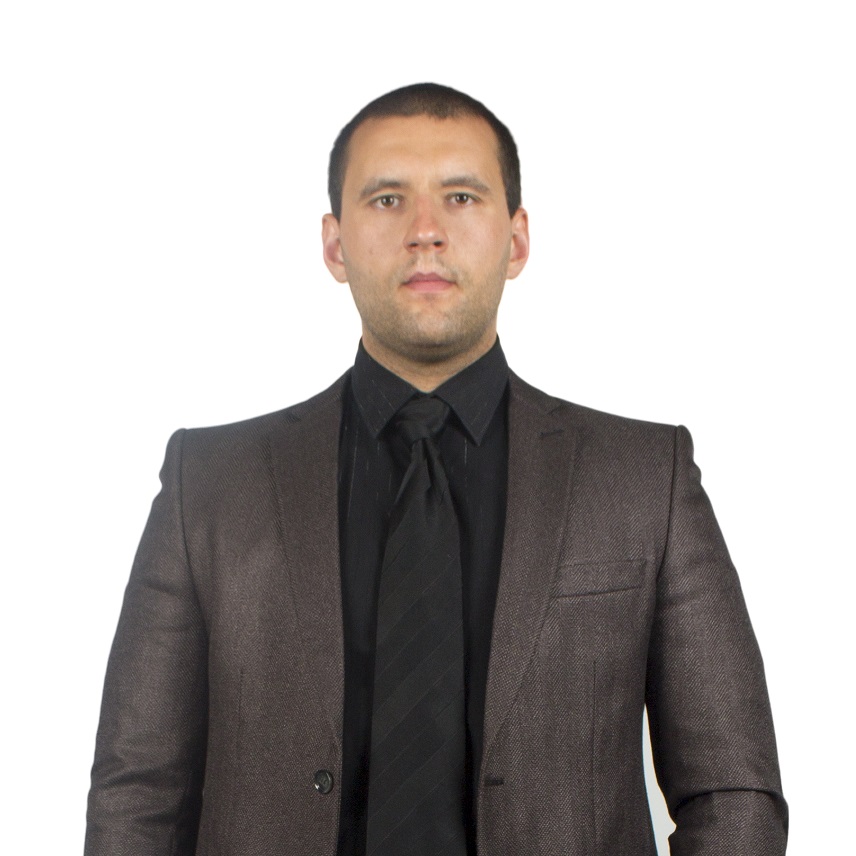Meet finalist Ljubisha Nestoroski! He came to the United States through our partner agent Viking and spent the summer of 2011 in New Jersey as a lifeguard. During his program he established a strong work ethic that helps him in his current job at the Ministry of Internal Affairs in Macedonia on a special police task force.
Can you tell us about your experience in New Jersey?
It was nothing less than awesome. The 4 months I spent in the US were spectacular. At first, I was training for job as a lifeguard. After the training we started to work and I spent the summer at Mountain Creek. I finished the program with success.
I mixed my Macedonian culture with the US citizens and we helped each other. I learned a lot from their culture and implemented it here in my home country. It was a great opportunity for me to spend my summer over there. I would like to spend another if I had the opportunity. Student’s need this program to be complete.
I worked as a lifeguard and afterward I was promoted to an HR assistant. I worked hard and they appreciated my work ethic.
How do you think that your J1 Work and Travel experience changed your perspective of the United States and Americans?
It’s a huge experience that I had and the J1 visa impacted my future. I learned about work ethic, moral integrity, respect of other people while I was in the US. We have to respect each other because there is no place in this world for racism.
I thought America was one of the most important countries in the world and coming there was a success. My 4 months in the US helped me accept different kinds of people, especially Americans. I had a lot of contact with people there and I would like to meet them again to share my experience, work, and my life with them. We experienced the American dream and we want to come again and again.
Please give us background about what you’ve been doing since you returned to Macedonia from the SWT program?
I graduated with a degree in engineering, and after that I enrolled in my master studies with a full scholarship. I went to various seminars, conferences, a political academy, and had articles written about me in the newspapers. I also participated in the International School of Leaders which is the most respected school of leaders in in my country. The organization is managed by the President, George Ivanov. It is attended by a lot of Americans, students and professors.
Once I finished my studies, I was selected for a 12 month course in basic police training. I was part of top 10% and I was promoted in the unit for fast deployments – a special unit that does special assignments. It was a difficult course to participate in and pass, both mentally and physically.
Can you elaborate on what your role is in the special force? What is a typical day like for you at work?
I’m an operative agent. It’s like the SWAT team. On the field we’re solving hostage situations, neutralizing potential danger, and tracking the outside of our borders. It’s also public peace and order.
We work 24 hours per day and our worktime doesn’t have any timeframe. Let’s say we start at 8:00 in the morning, first we have physical activities for 1 to 1 ½ hours, and after that a special police training.
It depends on the program that day or the problems that we’re facing with the country, especially with the political perspective. We work in the field and we’re facing problems with the people. Especially when you work with the people, you have to maintain their limits of physical and psychological activity. You have to be prepared for any kind of activity that the State will give to you and you have to fulfill it 100%. No excuses!
What kind of skills do you need to be successful at your job?
Mental capacity – the ability to process and maintain your psychological ideas.
And respect for the hierarchy. Hierarchy is the key to success. We have to know who is the boss and who is in charge.
Physical capacity – we have examinations every 6 months and have to maintain our shape in the best way. You have to be dedicated and devoted to your job anytime and anyplace.
Why do you think cross-cultural exchange is important?
We have to respect the person which sits next to us, learns next to us, and works with us. We should not divide the people by any perspective – no political views or cultural views. Any culture has its own beauties in itself. We have to mix our cultures and strive to be better people. If we don’t respect people, there’s no progress on your own life. That is my motto.
It’s been about 6 years since you came to the US on the SWT program. What would you tell yourself now before coming to the US if you could go back?
I am satisfied with my experience, but would do a lot more than I did last time. We’re always more experienced than we were yesterday. I want to refresh my memories, work harder, and improve myself. I have a lot in common with the people over there and I have a lot of leadership potential in myself.

